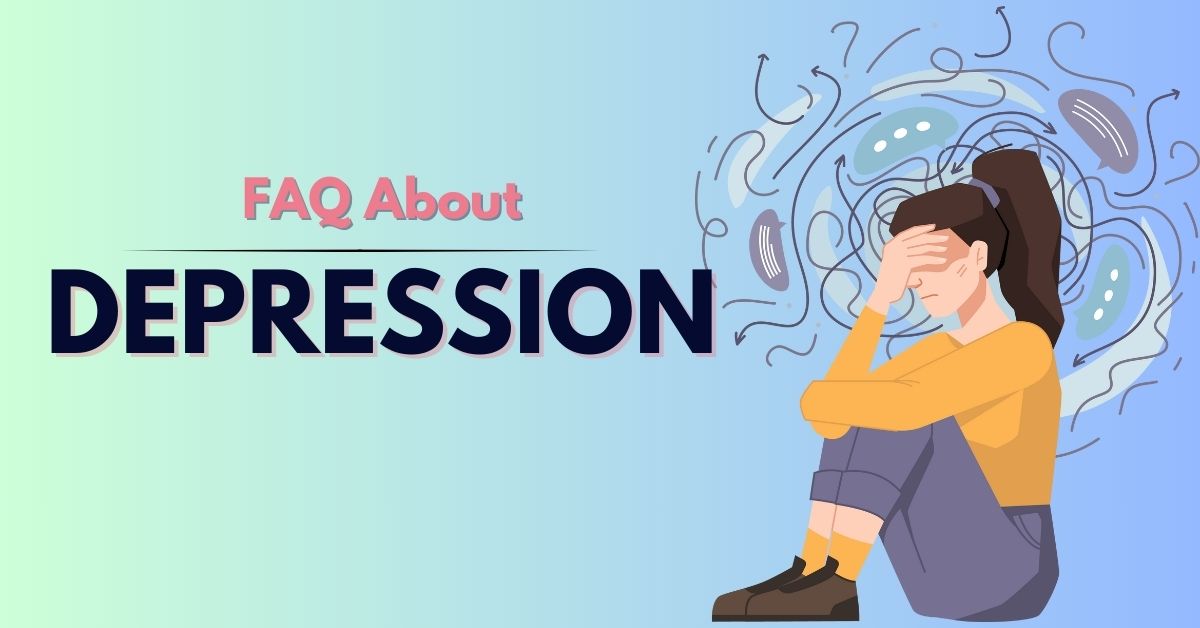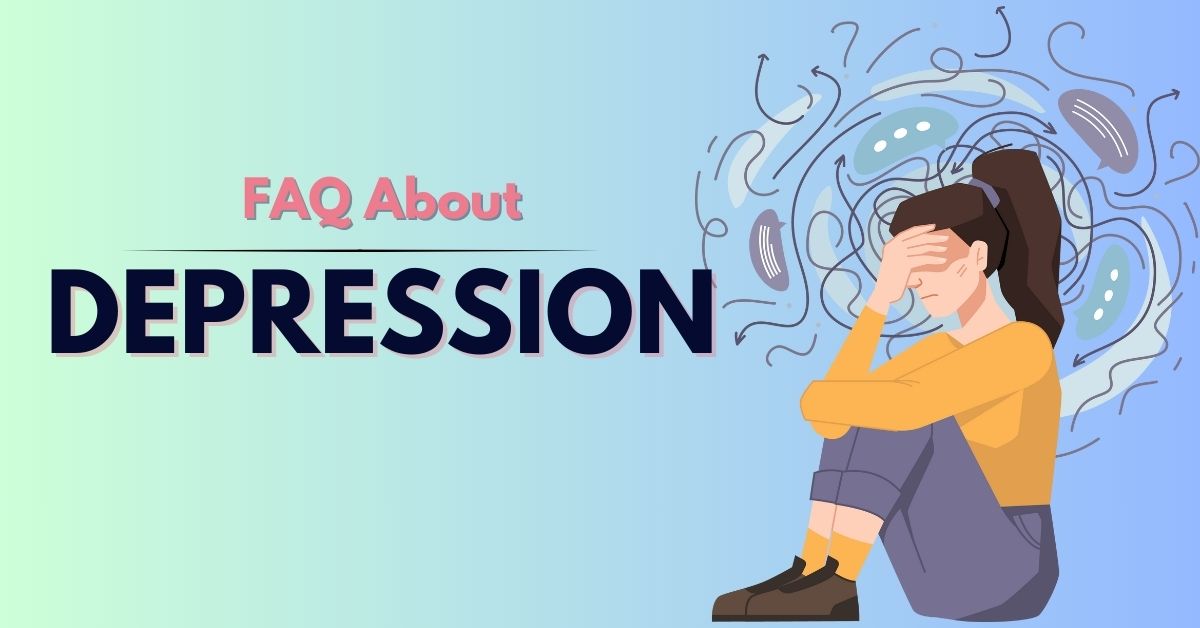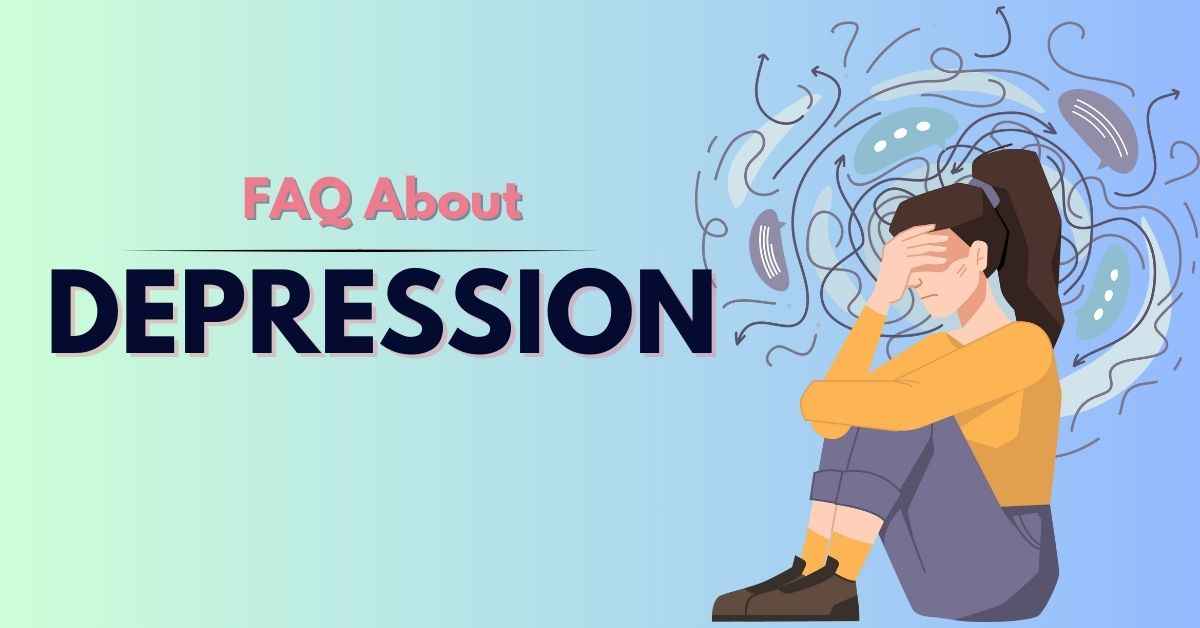Can depression be cured? This is a question that resonates with millions of people worldwide. Depression can feel like an endless tunnel, leaving many to wonder if there’s light at the end of it. Whether you’re someone battling depression or supporting a loved one, understanding the possibilities of recovery is crucial. Let’s break down the complexities of depression, explore treatment options, and discover why hope is always within reach.
What Is Depression?
Depression isn’t just feeling sad or having a bad day. It’s a persistent mental health condition that affects how you feel, think, and act. Imagine trying to move through life with an invisible weight holding you down—that’s what depression can feel like. This condition impacts millions of people, making it one of the most common mental health disorders globally.
Understanding the Causes
Depression doesn’t have a single cause. It’s often a mix of:
- Biological factors: Imbalances in brain chemicals like serotonin and dopamine.
- Genetics: A family history of depression can increase your risk.
- Environmental factors: Stressful events, trauma, or chronic illness.
- Psychological factors: Low self-esteem, perfectionism, or negative thinking patterns.
Signs and Symptoms
Recognizing depression is the first step toward addressing it. Some common symptoms include:
- Persistent sadness or hopelessness.
- Loss of interest in activities once enjoyed.
- Changes in appetite or sleep patterns.
- Fatigue or lack of energy.
- Difficulty concentrating.
- Feelings of worthlessness or guilt.
- Thoughts of self-harm or suicide.
Can Depression Be Fully Cured?
Here’s the truth: depression doesn’t have a one-size-fits-all cure. For many, it’s a condition that can be managed, much like diabetes or high blood pressure. With the right tools, treatment, and support, people can live fulfilling lives. While symptoms may return occasionally, they don’t have to define your life.
Treatment Options for Depression
Thankfully, there are numerous ways to treat depression. Each person’s journey is unique, so finding what works best for you is essential. Common treatments include:
- Therapy
- Medication
- Lifestyle modifications
- Alternative treatments
The Role of Therapy
Therapy is often the cornerstone of depression treatment. Options include:
- Cognitive Behavioral Therapy (CBT): Focuses on identifying and changing negative thought patterns.
- Interpersonal Therapy (IPT): Addresses relationship issues and social challenges.
- Mindfulness-Based Therapy: Teaches staying present and managing stress.
Medication and Its Effectiveness
For some, medication can be a lifesaver. Antidepressants like SSRIs or SNRIs help regulate brain chemistry. However, medication isn’t a standalone solution. It’s most effective when combined with therapy and lifestyle changes.
Lifestyle Changes That Help
Small adjustments can make a big difference. Think of these as building blocks for your recovery:
- Exercise: Releases endorphins that improve mood.
- Healthy Eating: Fuels both body and mind.
- Good Sleep Hygiene: Restorative sleep is crucial.
- Stress Management: Techniques like yoga or meditation can reduce anxiety.
Coping Strategies for Everyday Life
Coping with depression means developing tools to handle tough days. Here are some strategies:
- Journaling: Write down your thoughts and feelings.
- Setting small goals: Accomplishing even minor tasks can boost your confidence.
- Mindfulness exercises: Help you stay grounded in the present.
Support Systems and Their Impact
Never underestimate the power of a support system. Friends, family, or support groups can provide emotional backing. Sometimes, just knowing someone cares can make all the difference.
Overcoming Stigma Around Depression
One of the biggest hurdles in addressing depression is the stigma. Talking openly about mental health helps normalize it. Remember, seeking help is a sign of strength, not weakness.
Stories of Hope and Recovery
Stories of people who’ve overcome depression can be inspiring. They remind us that recovery is possible and life can get better with time and effort.
How to Support Someone with Depression
If you’re supporting someone with depression, keep these tips in mind:
- Listen without judgment.
- Offer practical help, like running errands or cooking.
- Encourage them to seek professional help.
Preventing Relapses
Relapses can happen, but they’re not failures. Preventative steps include:
- Continuing therapy or medication.
- Recognizing early warning signs.
- Maintaining a balanced lifestyle.
Conclusion: A Journey Toward Healing
Depression may feel overwhelming, but it doesn’t have to be permanent. While there isn’t a universal cure, there are paths to recovery that can help you regain control of your life. Remember, reaching out for help is the first step on your journey toward healing.
Also Read: Can Depression Cause Heart Attack?
FAQs
Q: Can depression go away on its own?
A: In some cases, mild depression may improve without treatment. However, professional help can speed up recovery and prevent relapses.
Q: Is medication always necessary for treating depression?
A: Not always. Some people benefit from therapy, lifestyle changes, or alternative treatments without medication.
Q: How long does it take to recover from depression?
A: Recovery varies for each person. Some may see improvement in weeks, while others may need months or longer.
Q: Can children and teens suffer from depression?
A: Yes, depression can affect people of all ages, including children and teens. Early intervention is crucial for young individuals.
Q: How can I help a friend who is depressed?
A: Listen, be patient, and encourage them to seek professional help. Avoid minimizing their feelings or offering cliché advice.



